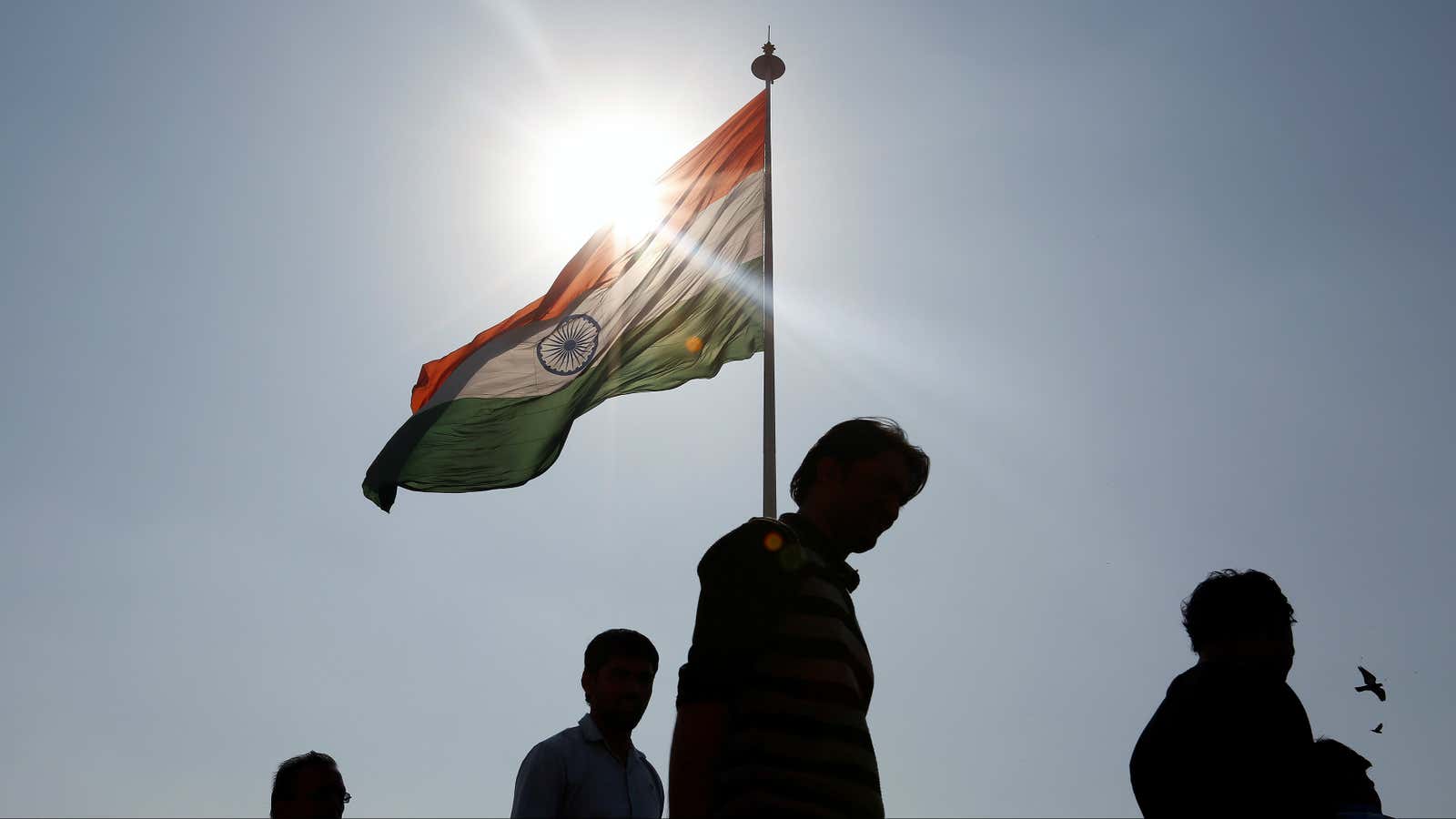For all of prime minister Narendra Modi’s promises to tackle India’s deep-rooted corruption, citizens are still forced to pay bribes for even basic needs.
Nearly seven in 10 Indians (69%) have had to pay a bribe to access public services, notably at government-run schools and hospitals, according to a new report by Transparency International. Titled People and Corruption: Asia Pacific, the study revealed that India had the highest rate of bribery among the 16 countries and territories surveyed in the region. The anti-corruption organisation conducted face-to-face interviews with 2,802 respondents in India between March and April 2016.
While large-scale scams tend to garner media coverage and national attention, it’s the small, day-to-day instances of corruption that really stand in the way of India’s growth and development. Citizens are often forced to pay extra when trying to obtain identification papers, voter IDs, driving licences, and utility services, besides while dealing with the police and courts, the report said.
Nevertheless, only 41% of Indians believed corruption had increased in the country.
Modi was elected to power in 2014 partly on his promise to tackle corruption, coming after a series of high-profile scams during the previous regime. Late last year, his decision to demonetise high-value currency notes and push for a cash-free economy was presented as an effort to rid the country of unaccounted wealth.
However, long before that, 53% of Indians felt the government was doing well in handling corruption.
